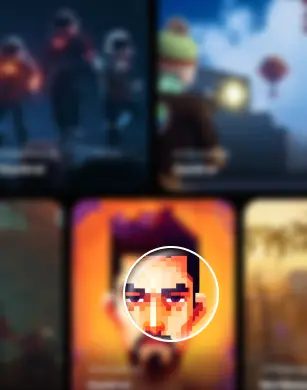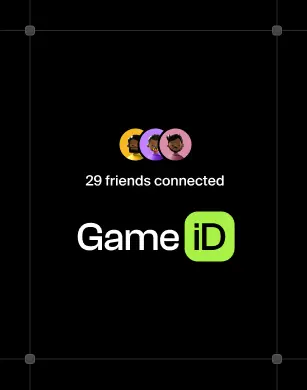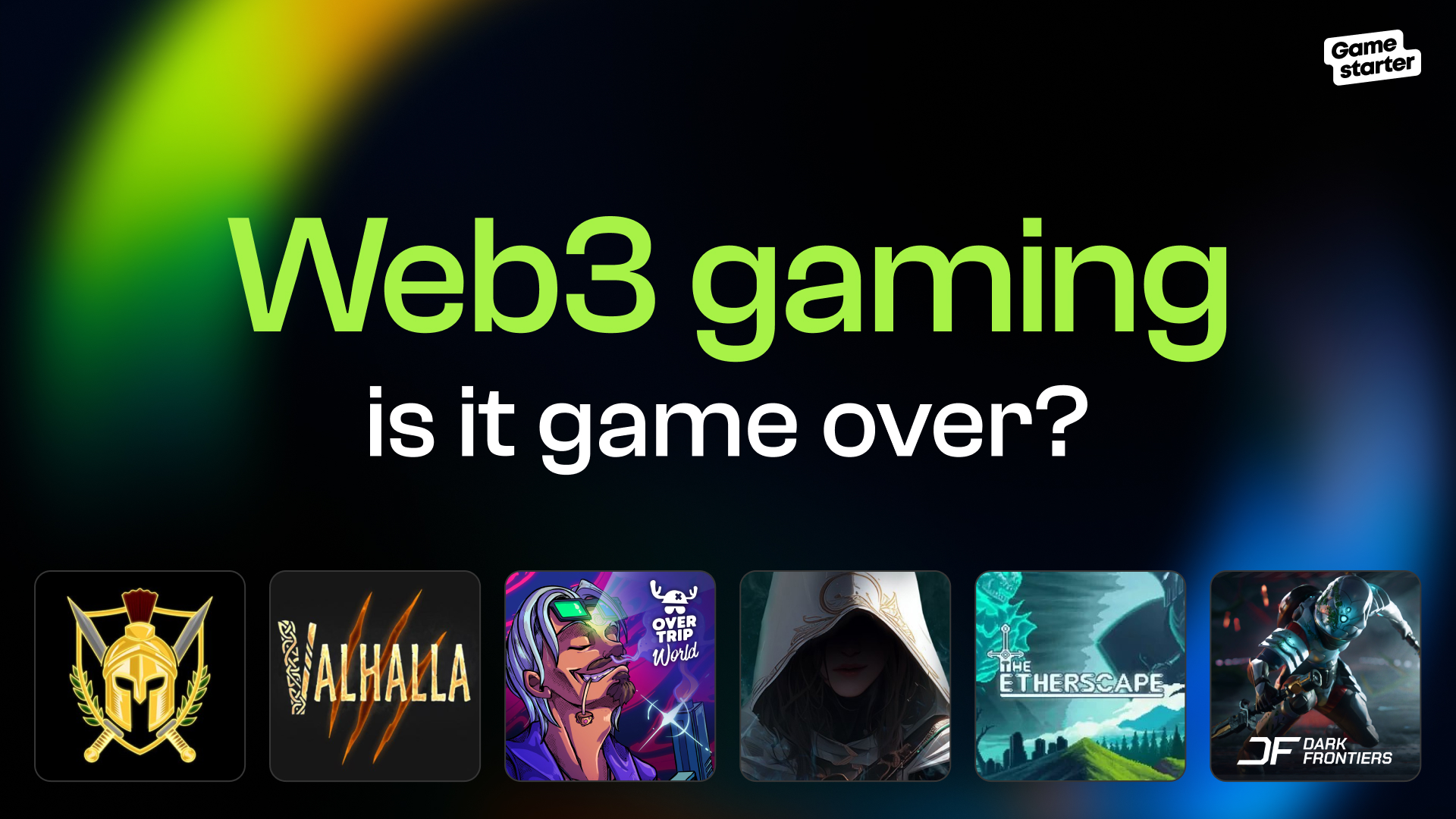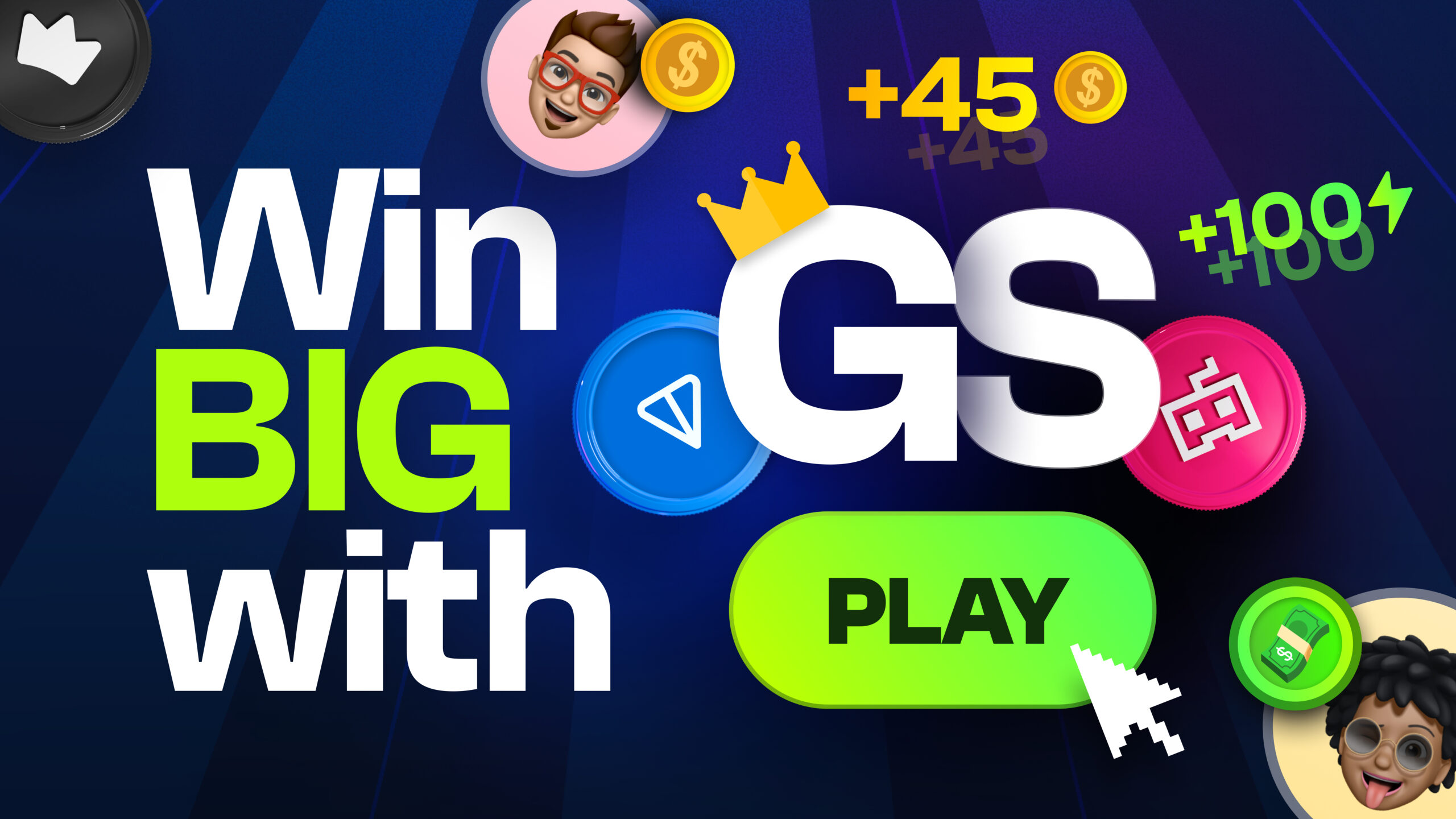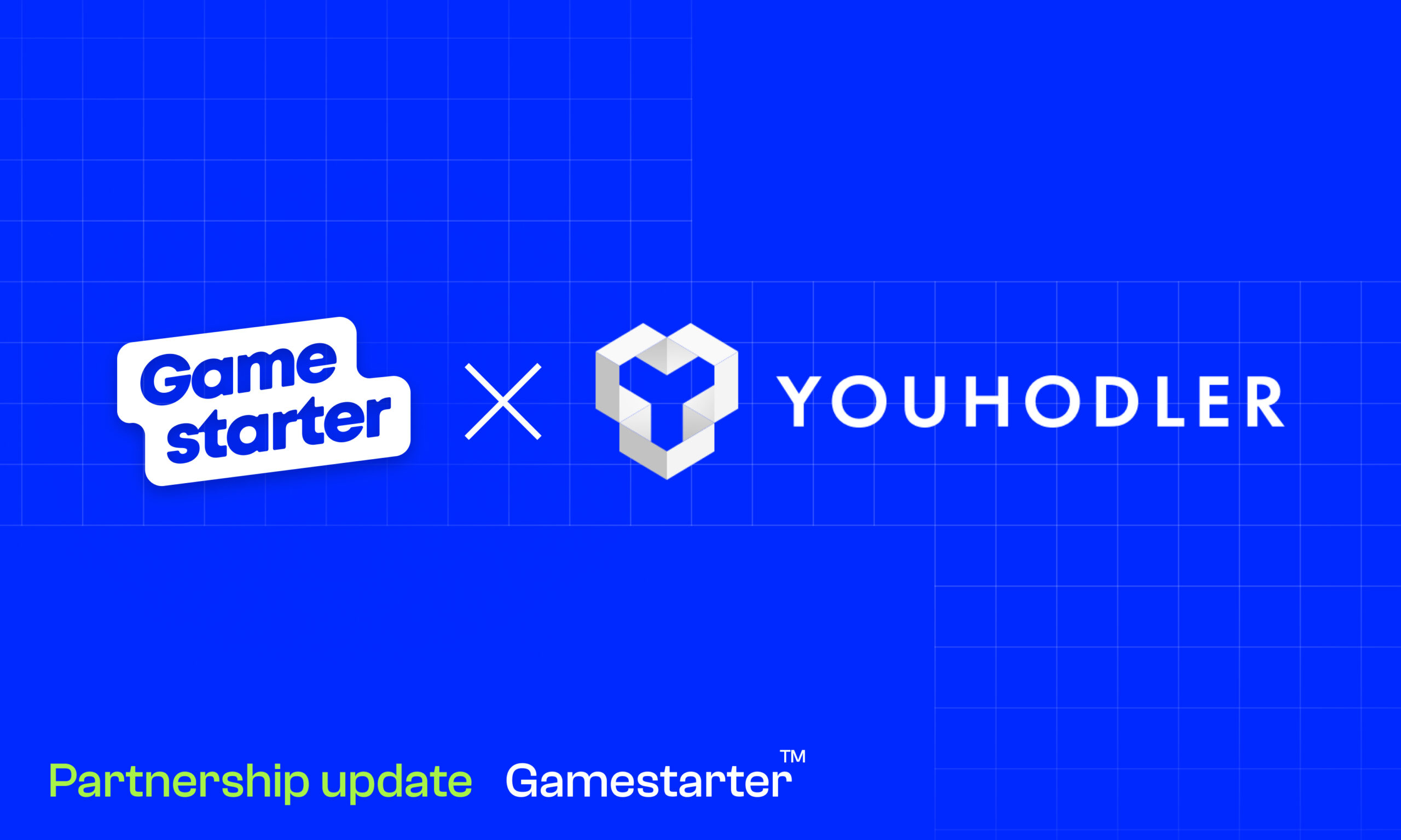Gaming Wars: Can Crypto Become the Future of Gaming?


Become part of exclusive group that shapes GS Future
Video games have progressed significantly since the Pong era. They’re not just about simple single-player interfaces anymore; they’ve evolved into sophisticated multiplayer experiences with virtual worlds filled with bursting, exciting stories, and nonstop action!
The games industry has evolved into a massive market with various subcultures and niches — from strategy to RPG. There’s something for everyone.
Video games continue to grow as a medium of commercial enterprise, attracting over 3 billion players — composed primarily of new gamers and an ever-growing index of developers, publishers, and hobbyists.
In short, gaming has become a staple of our culture. However, a remodel of traditional gaming systems is long overdue.
The Proliferation of Crypto Gaming
The gaming industry is booming, and gamers are becoming increasingly demanding, expressing a desire for honest economics that rewards successful players and provides long-standing ecosystems where individuals can thrive sustainably
Blockchain creates a fair game-based ecosystem where players are objectively represented and have access to transparency and trust in gaming mechanics. We’re witnessing the inception of a new era in gaming. With blockchain and cryptocurrency becoming more popular every day, it’s time to ask: can crypto become the future of gaming?
The Need for Fair Gaming Ecosystems
Popular gaming models are predicated on the idea that players spend a significant amount of time engaging in a single activity, i.e., playing video games.
Unfortunately, many gamers today have diverse interests, which traditional gaming systems don’t easily accommodate.
For example, in fantasy sports, many restrictions are placed on users’ participation — their location or other constraints.
What Makes Blockchain Gaming the Future Benchmark for Games?
Cross-game Interoperability
Gamer participation choices are limited to the game’s environment in traditional gaming. Gamers can play a single-player game (input from one player) or participate in an interactive multiplayer game.
Crypto gaming is facilitating a new way to experience video games. It introduces a concept where players can engage in real-time with other gamers globally as they share resources and compete against each other.
These implementations make cross-game interoperability a practical reality — meaning blockchain technology and other digital assets can interact between various games.
As a result, gamers will be able to explore several interconnected worlds instead of just one computerized world, i.e., a Metaverse!
Actual Possession of In-game Assets
With the recent growth of GameFi, players are now controlling all items they earn or accumulate. And, following the proliferation of Play-To Earn (P2E), gamers can earn cryptocurrency by selling items in-game and investing in other blockchain projects.
Secure Governance
Game developers, including Sony, Activision, Microsoft, and EA, are fully centralized and managed by a board of directors. Besides controlling all users’ data — they also determine the rules and direction of their games.
In the interest of impartiality — this ‘centralized’ outlook can prove helpful in some instances, such as employee recruitment. Unfortunately, since the game creators are profit-oriented and self-serving, gamers are often left feeling betrayed by the developers who go against their preferences to meet financial targets — spiraling into frustration and disappointment amongst the community.
Social media does provide a viable channel to protest (EA can attest to this); nevertheless, power is still wielded by a select few who enjoy an iron grip in the gaming industry.
With blockchain-based gaming, players are in control. They set the rules for their own gameplay and have complete autonomy over how things work within a game, revealing an interactive and customizable experience.
Additionally, blockchain games rely on decentralized servers, which developers or game creators can’t cancel — meaning games only die a natural death as their popularity decreases and users stop playing them. Blockchain games allow for a fair, open market where developers can operate without fear of losing control or receiving unfair treatment — an escape from the norm.
Embracing Imagination and Sustainability
Issues with blockchain transactions being resource-intensive and not compatible with current devices have slowed down the adoption of the technology across multiple markets.
Number of gamers worldwide, 2021: Statista
With most games developed for the web, blockchain gaming, especially mobile, is still in its infancy. Nonetheless, based on industry reports, the crypto gaming industry pulled in annual revenues of $3 billion in 2021, attracting over 40 million gamers. While these numbers are impressive, compared to the traditional gaming market’s $198 billion revenues and over 3.1 billion gamers, the potential blockchain gaming has to infiltrate is clear.
Lessons We’re Learning
Traditional gaming platforms offer access to billions of gamers but lack the technology, innovation, and desire to provide an improved experience. Blockchain gaming diverts billions within the gaming industry, from industry incumbents to players who invest their time and money to create conducive gaming environments. Blockchain enables in-game asset ownership transfer to gamers through NFTs, creating an ecosystem where players may thrive.
NFTs have profit-making attributes as they ensure:
- Ownership: In-game item ownership transfers from the gaming corporation to the player once they earn or purchase the product.
- Create rarity: Players will profit from the scarcity of valuable in-game items.
- Interoperability: With blockchain platforms embracing interoperability, players will profit from using or trading their items across supporting blockchains.
- Immutability: Players retain their in-game items or purchases regardless of the game status. If the game shuts down, gamers will still have sole ownership of their items, which maintain their utility in supporting blockchains, thus retaining their value.
Blockchain makes a compelling case for being the gaming industry’s future!

are registered trademarks. All rights reserved.





